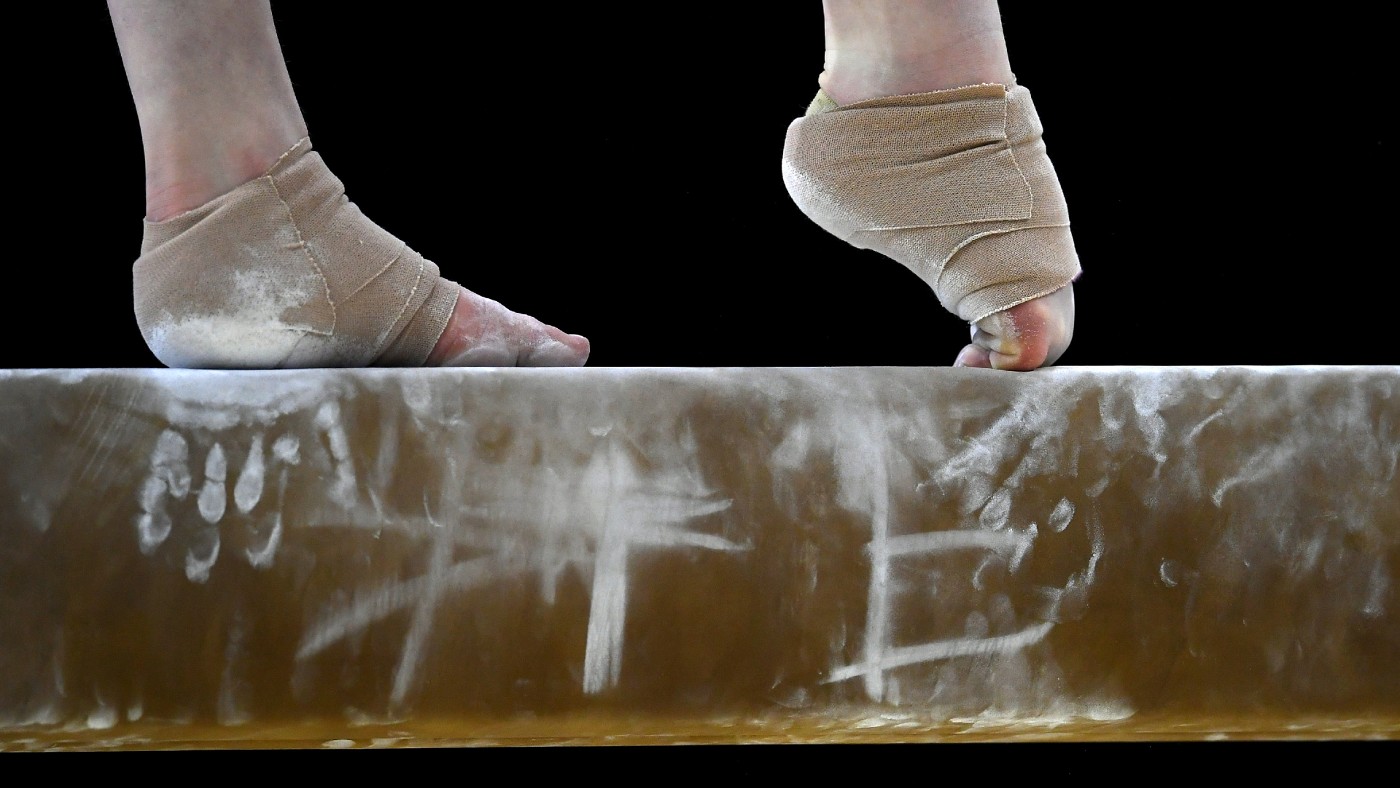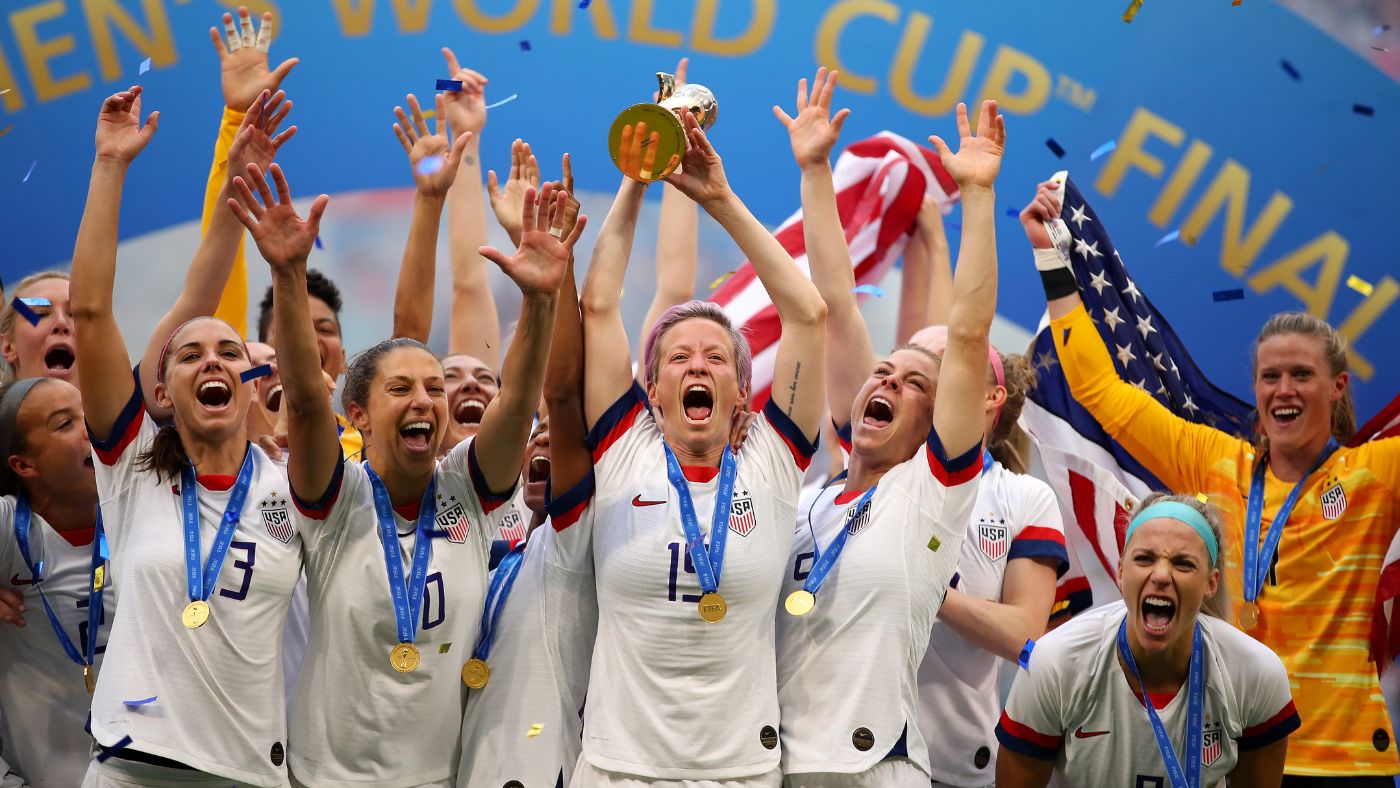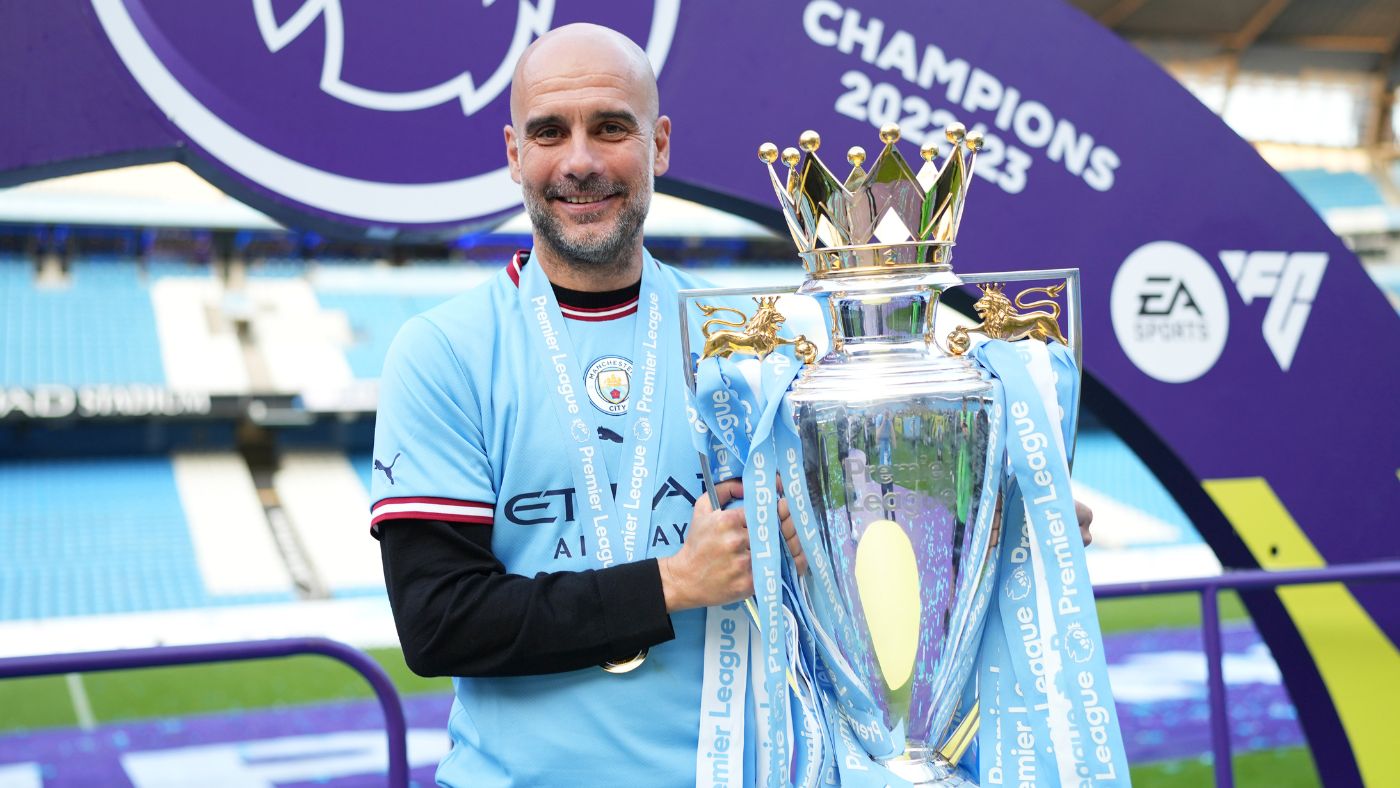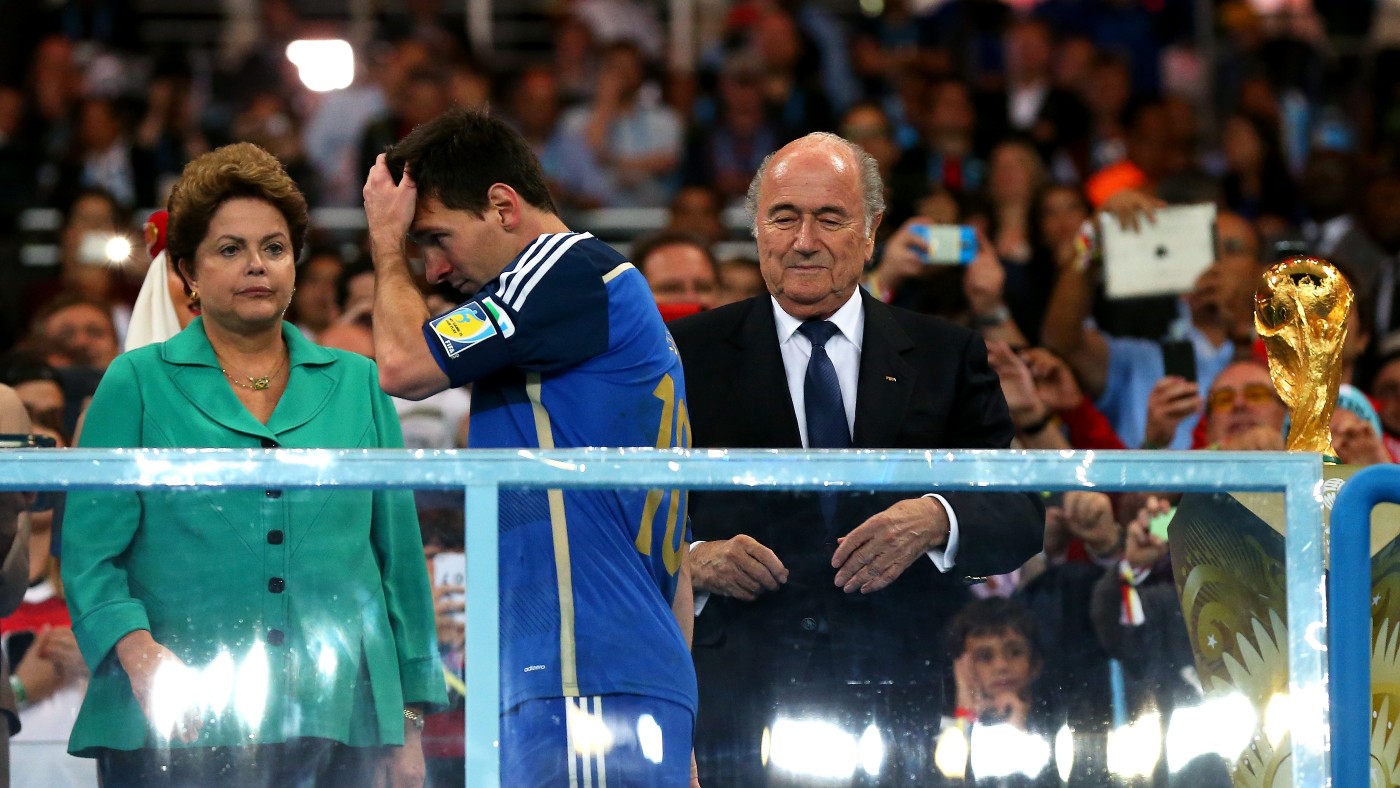How ‘systemic’ abuse within British Gymnastics was allowed to continue for decades
Damning report finds that medals took priority over welfare

A free daily email with the biggest news stories of the day – and the best features from TheWeek.com
You are now subscribed
Your newsletter sign-up was successful
A review has found that British Gymnastics enabled a culture where young gymnasts were starved, body shamed and abused.
Anne Whyte QC has published an independent report based on more than 400 submissions from those in the sport, including a story of a seven-year-old girl who was “sat on” by her adult coach in order to extend a stretch.
The 306-page report has “unsparingly and unflinchingly” exposed the “depth of the allegations” of physical and emotional mistreatment that have plagued the sport, The Times said.
The Week
Escape your echo chamber. Get the facts behind the news, plus analysis from multiple perspectives.

Sign up for The Week's Free Newsletters
From our morning news briefing to a weekly Good News Newsletter, get the best of The Week delivered directly to your inbox.
From our morning news briefing to a weekly Good News Newsletter, get the best of The Week delivered directly to your inbox.
What are the allegations?
Among the testimonies in the review are those of gymnasts reduced to tears and injured by coaches sitting on them as they stretched, with one saying they did not know how their legs didn’t “snap” during the experience.
One gymnast reported being sworn at regularly from the age of nine, Sky News said. Another told investigators “the coach would shout and scream in our faces so close that I could smell [their] breath and feel [their] spit landing on my face”.
A former elite gymnast described being made to stand on a beam for two hours because she was frightened to attempt a particular skill. Another expressed a dominant culture of intimidation around “weight management” that led to children hiding food behind ceiling tiles.
The review found that girls were subjected to some of the worst treatment, often concerning regular weigh-ins, The Guardian reported.
A free daily email with the biggest news stories of the day – and the best features from TheWeek.com
“Our time of the months were never accounted for,” said one female gymnast’s testimonial. “Being on my period meant I could add one or two kilograms to the weight on the scale. Immediately I would be shunned for this.”
How was this allowed to continue?
Britain’s “ruthless Olympic medal drive” since 2008 may have contributed to welfare failings, The Telegraph said. Until 2008 no British gymnast had ever won an Olympic medal, but it has since delivered 16 medals over the past four Games. Whyte concluded that “medals mattered more than… athlete welfare”.
Sport England admitted to Whyte that “its own historic performance-related targets had probably driven the wrong sort of behaviour in sport” although it insisted it had “no way of knowing whether it had caused abusive behaviour”.
UK Sport, the funding body for British Olympic sports, admitted to Whyte that the welfare of athletes was not “front seat” until 2017, and British Gymnastics kept no records of complaints from 2008 and 2016. Sarah Powell, who took the job of chief executive of British Gymnastics in 2021, has offered a full apology.
Reacting to the report, former gymnast Nicole Pavier told BBC Sport: “this isn't tough coaching and slight mistreatment, this is child abuse of athletes at a very young age”.
Writing on Twitter, Olympian Becky Downie said that she “can confidently say some very big changes have already been implemented” and is “very hopeful that any future elite gymnast” will “not ever experience some of what the previous generations have”.
What happens next?
Whyte’s report argues that more changes are needed. Sky News noted that the review recommends that the sport improves welfare provision for high performance gymnasts and their parents through access to an “independent disclosure service and dedicated Welfare Officer”.
It added that a complaints system must be made fit for purpose and calls for the sport to appoint a Director of Education to oversee the training of coaches.
Meanwhile, British Gymnastics is also facing a separate legal action from dozens of gymnasts, who allege widespread physical and emotional abuse, including a “culture of bodyshaming”.
Chas Newkey-Burden has been part of The Week Digital team for more than a decade and a journalist for 25 years, starting out on the irreverent football weekly 90 Minutes, before moving to lifestyle magazines Loaded and Attitude. He was a columnist for The Big Issue and landed a world exclusive with David Beckham that became the weekly magazine’s bestselling issue. He now writes regularly for The Guardian, The Telegraph, The Independent, Metro, FourFourTwo and the i new site. He is also the author of a number of non-fiction books.
-
 Local elections 2026: where are they and who is expected to win?
Local elections 2026: where are they and who is expected to win?The Explainer Labour is braced for heavy losses and U-turn on postponing some council elections hasn’t helped the party’s prospects
-
 6 of the world’s most accessible destinations
6 of the world’s most accessible destinationsThe Week Recommends Experience all of Berlin, Singapore and Sydney
-
 How the FCC’s ‘equal time’ rule works
How the FCC’s ‘equal time’ rule worksIn the Spotlight The law is at the heart of the Colbert-CBS conflict
-
 2023 Fifa Women’s World Cup: fixtures, groups and UK TV coverage
2023 Fifa Women’s World Cup: fixtures, groups and UK TV coveragefeature Tournament in Australia and New Zealand will be broadcast live on the BBC and ITV
-
 ‘Genuine visionary’: is Pep Guardiola the greatest of all time?
‘Genuine visionary’: is Pep Guardiola the greatest of all time?feature Spaniard has now won two trebles following Man City’s Champions League triumph
-
 Champions League final: Man City vs. Inter predictions and preview
Champions League final: Man City vs. Inter predictions and previewfeature Can Guardiola’s team finally win the Champions League and complete a historic treble?
-
 Luton Town’s extraordinary ‘resurrection’
Luton Town’s extraordinary ‘resurrection’feature The Hatters complete a fairy tale rise from non-league to the Premier League
-
 Man City: can ‘one of the best sides in history’ win the treble?
Man City: can ‘one of the best sides in history’ win the treble?feature Guardiola’s Premier League champions have two more trophies in their sights
-
 Michael Smith’s nine-darter: how darts fans reacted to the ‘greatest leg of all time’
Michael Smith’s nine-darter: how darts fans reacted to the ‘greatest leg of all time’feature It was a magical night for Smith as he beat Michael van Gerwen to win first world title
-
 Where will Cristiano Ronaldo go next?
Where will Cristiano Ronaldo go next?feature Portugal captain has been linked with a mega-money move to Saudi Arabia
-
 Lionel Messi’s World Cup dream: it really is ‘now or never’ for Argentina’s captain
Lionel Messi’s World Cup dream: it really is ‘now or never’ for Argentina’s captainfeature After lifting the Copa América in 2021, can he finally add a World Cup winners’ medal to his trophy cabinet?